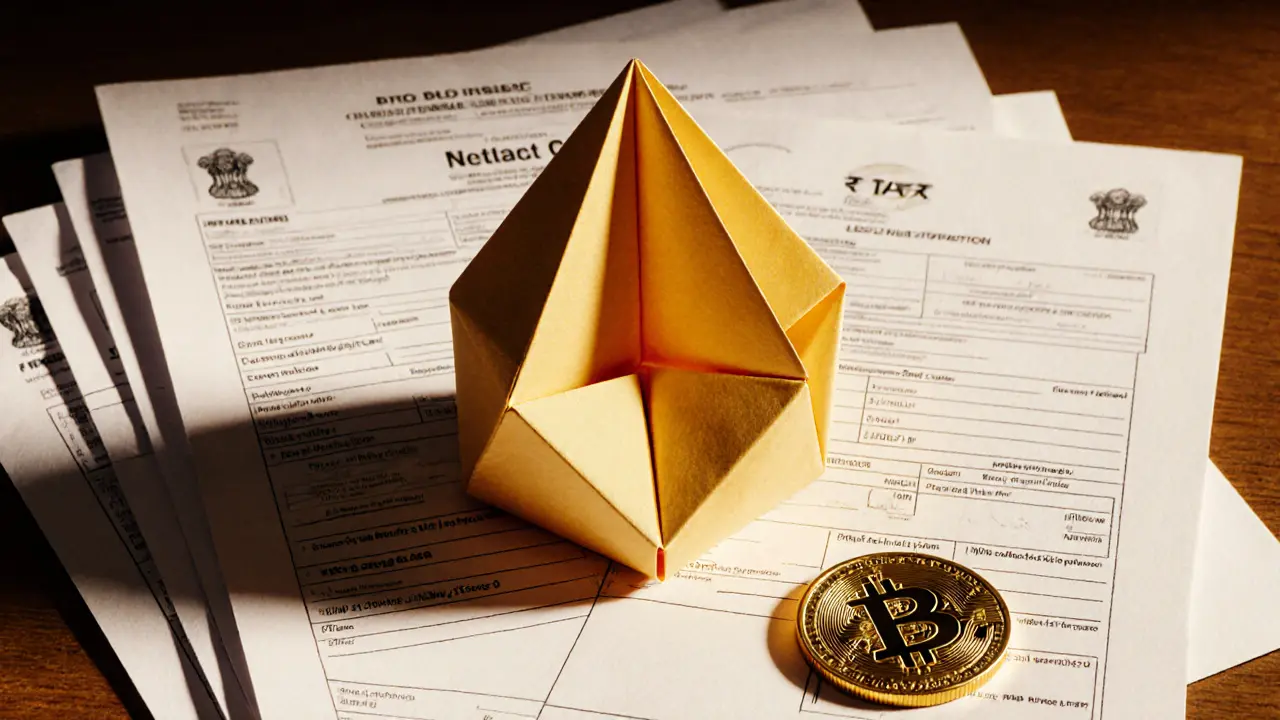Cryptocurrencies in India: Rules, Risks, and Real Opportunities
When you hear cryptocurrencies in India, digital assets like Bitcoin and Ethereum used for trading, investing, or storing value within India’s legal and financial landscape. Also known as crypto assets, they’re not banned—but they’re tightly watched by the government, tax authorities, and banks. Unlike countries where crypto is fully legal tender, India walks a tightrope: you can buy, sell, and hold crypto, but you can’t use it to pay for coffee or rent. The Reserve Bank of India doesn’t recognize it as money, and banks still treat crypto exchanges like high-risk businesses.
That’s why crypto exchanges in India, platforms like WazirX, CoinDCX, and ZebPay where Indians trade Bitcoin and altcoins. Also known as Indian crypto platforms, they’ve had to adapt to strict KYC rules, limited fiat on-ramps, and sudden regulatory shifts. Many users still rely on peer-to-peer (P2P) trading because direct bank transfers get blocked. And if you’re trading on foreign platforms like Binance or Bybit, you’re doing it at your own risk—India has no legal protection for users on offshore exchanges.
Then there’s the tax side. crypto taxes in India, a 30% tax on gains from selling crypto, plus a 1% TDS on every trade, regardless of profit. Also known as digital asset taxation, this policy hit hard in 2022 and hasn’t changed since. You can’t offset losses against other income, and even small trades trigger TDS. That’s why many people track every transaction manually—or use tools like Koinly or CoinTracker to avoid mistakes during filing season.
And don’t get fooled by fake airdrops or unregistered tokens. Posts like the ones on WELL airdrop or Fides crypto exchange show how common scams are. If a project promises free tokens with no effort, or claims to be regulated in India but has no public license, it’s a red flag. Real airdrops—like the ones tied to Bit Hotel or KNIGHT Community—require active participation, not just signing up.
India’s crypto scene isn’t about getting rich overnight. It’s about understanding the rules, protecting your money, and staying updated. Whether you’re holding Bitcoin as a long-term bet, trading altcoins on P2P, or just trying to avoid tax penalties, the key is knowing what’s real and what’s noise. Below, you’ll find real reviews, deep dives on exchanges, and clear breakdowns of what’s actually happening—no fluff, no hype, just what matters when you’re trading or investing in India.

